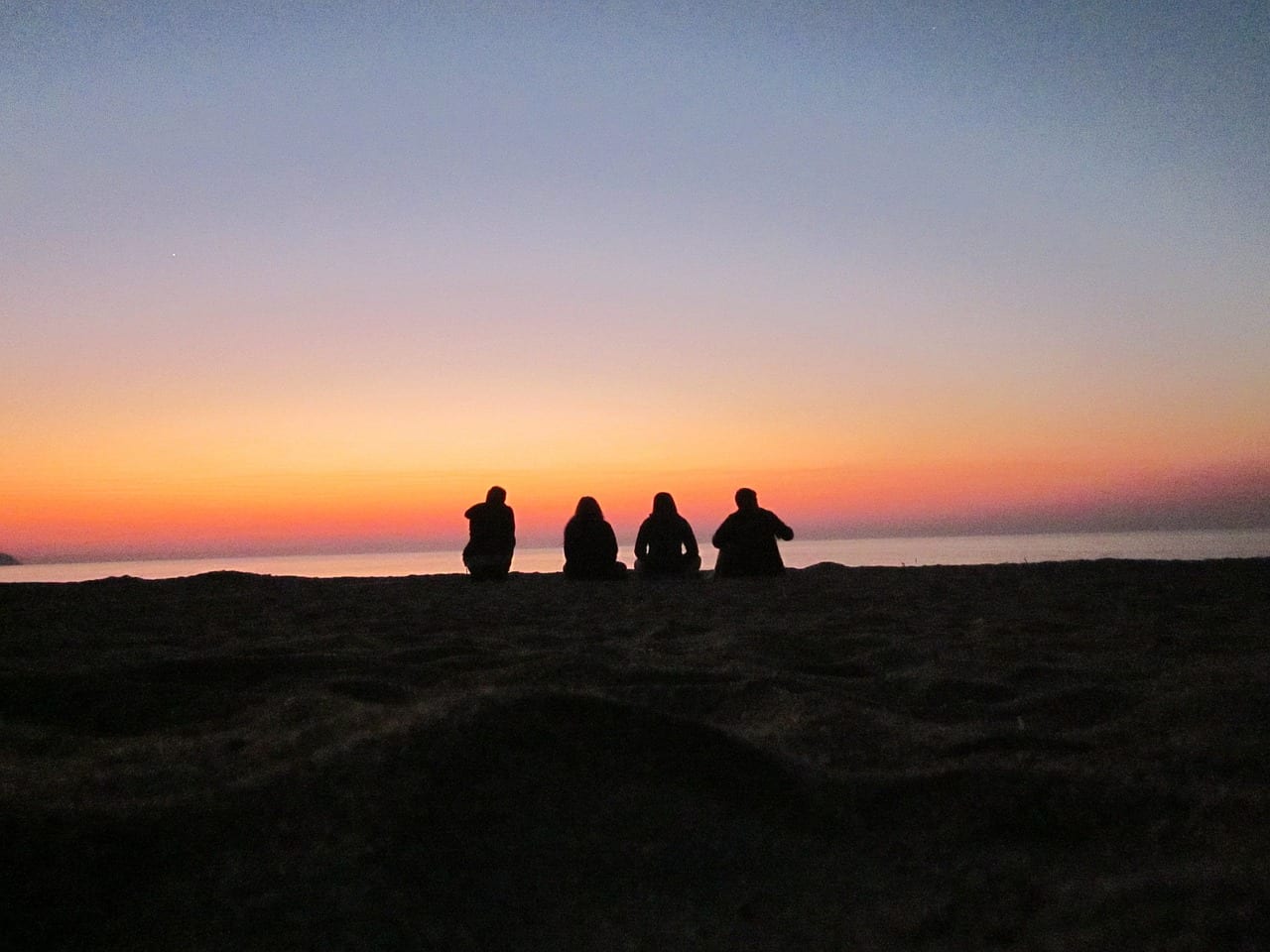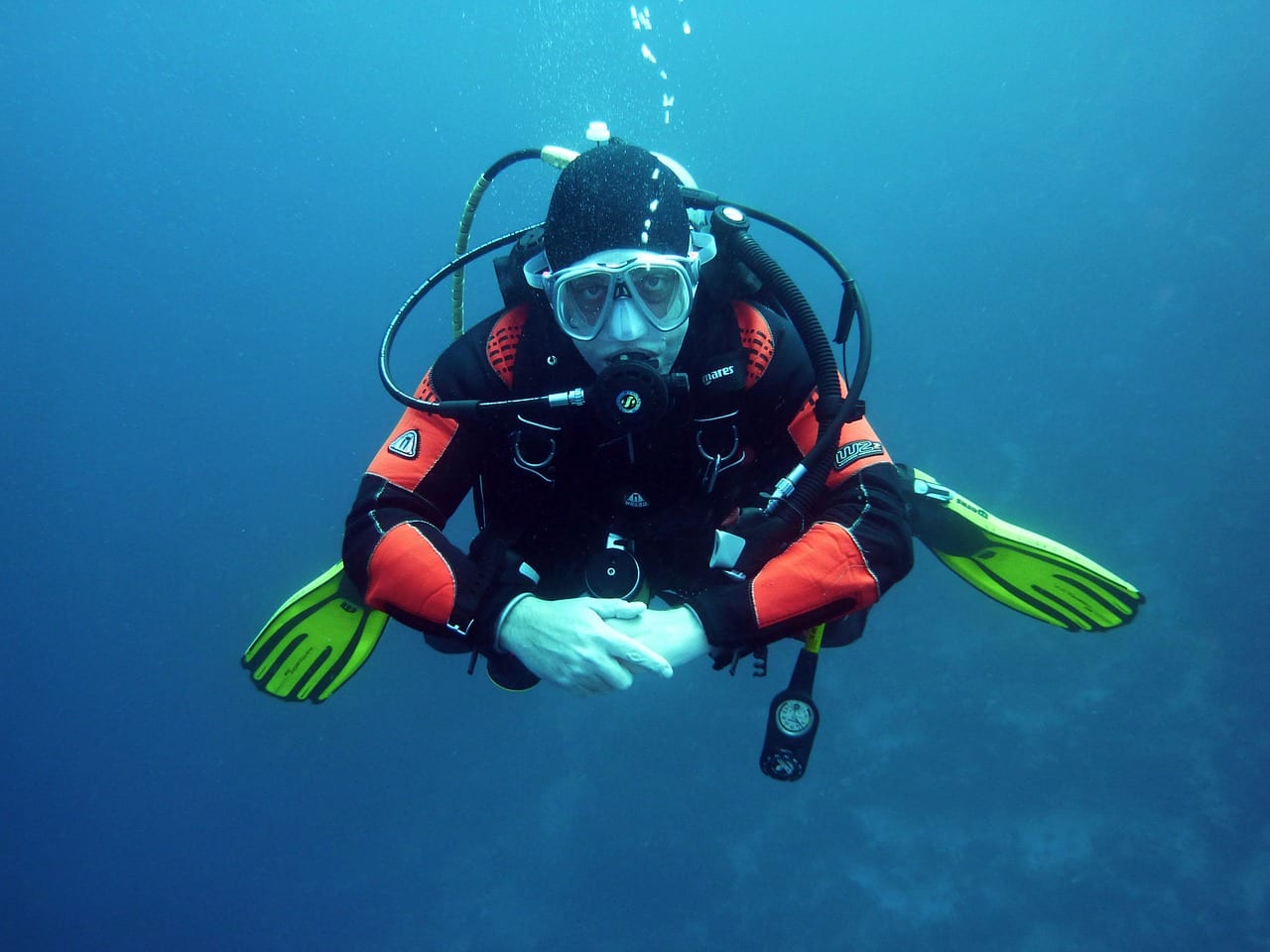Share this!
Here Are Some Pretty Wonderful Reasons to Visit Malawi
If you are looking at an African destination that combines nature with sun and sand, then Malawi is the place to go. It has something to cater for every taste. Whether you want a laid-back R&R, or a safari and water sports adventure, Malawi beckons you with its wide range of holiday fun.

Why Visit Malawi?
A less frequented destination, Malawi offers you the ability to enjoy high seasons without the crowds. It is the best place to be if you want to take pleasure in a natural paradise in perfect solitude.
Malawi is small, but its geographical diversity has attracted nature lovers and adventure travelers alike. The national parks and reserves are home to successful conservation and wildlife reintroduction programs, establishing its reputation as a new safari destination. The jewel in the crown is Lake Malawi, with plenty of opportunity for outdoor adventures and beach holidays.
Peaceful Country
Malawi is a safe option for a traveler visiting Africa. Although relatively poor compared to other African nations, it is a peaceful place with no internal turmoil or crime. The country has never had a civil war since independence. Cities are quiet places without the usual urban chaos and traffic jams.
Great Weather
Unlike other African countries, Malawi is not very hot. The temperature throughout the year is around 30 degree. It is not too humid either, except in the summer rainfall season from November to April. Although winters can be cold, the shores of Lake Malawi are warm, sunny and dry. It is a great place to soak up some sun. Nowhere else in Africa will you find such agreeable weather!
Stunning Sunsets

Malawi in the local dialect simply means “flames of fire“. This refers to the stunning sunsets wherever you go — over the dazzling freshwater lake, in the backdrop of the hills of Dedza or the beaches of Lake Malawi. The flame red sunsets of Malawi are iconic, enhancing the beauty of every natural wonder in the red glow of dusk.
Give a free rein to the shutterbug in you. Capture the magnificent imagery in a country where each sunset is different and special.
Friendly People
Hailed as the “Warm heart of Africa” for its warm locals and temperate tourist-friendly weather, Malawi has a wealth of offerings that make it an attractive travel destination in its own right. Most of the people live in rural areas, and perhaps this maybe the reason why they are a contented lot. As a recent travel discovery, it is the legendary friendliness of the Malawian people that has endeared tourists to this little-discovered African country. Get into conversation with the locals and they will be happy to share glimpses of their lives with you, putting you at ease throughout your holiday.
Rich Culture
The Malawians are a rich cultural mix of tribes, each with their distinctive dress, dance and language. Drums, together with rattlers and shakers tied to hands and legs, are a part of the traditional music. Dances are a strong part of Malawi culture, during ceremonies, initiation rites and weddings. Masks are integral to the dances, with each tribe having their own mask. They are made of bronze, wood, feathers and even human hair! Malawi has a rich tradition in basket and mat weaving, mask carving, wood carving, bead work and pottery, with various mission centers like the Dedza Pottery. You may want to carry home souvenirs like wooden jewelry, chief chairs, paintings, pottery and raffia bags.
The historical buildings and museums in towns give you a glimpse into the rich heritage of Malawi. The Cultural Museum Centre at Karonga is a must-visit for its fossil and dinosaur discoveries. Stay at a Malawi village in the Ntchisi Forest Reserve for an immersive cultural experience. Visit the Nsembe heritage site – a shrine of worship and appeasement – for a deeper glimpse into indigenous practices.
Lake Malawi
Lake Malawi is the reason to visit Malawi.
This vast freshwater lake is a UNESCO world heritage site with the largest number of fish species in the world, 99 % of them endemic to the region. While the near empty waters make it ideal for freshwater snorkeling and scuba diving, the golden beaches and palm tree covered islands are great for relaxing. Nights are cool and the skies are clear, making star-gazing a favorite occupation among tourists. Stay in a simple straw beach hut, wake up to the sound of the waves and sunbathe through the day. The warm waters of the lake and dazzling quiet beaches make it a great year-round location for swimming.
When you feel like exploring a little more, go yachting. Cruise up the lake to visit hidden coves and islands. Stay at one of the fishing villages for close encounters with the local tribes or indulge in overnight beach camping. For a sun and sand holiday, opt for the retreat at Cape Maclear, and for a more affordable stay in hidden rocky bays, head for Nikhata Bay. The Domwe Island Adventure Camp is the most romantic place to stay, although very basic, with safari tents.
Indulge in a magical experience at Lake Malawi. Go paddling and swimming, or gaze up at starry skies and across the lake dotted with fishermen’s lanterns.
The Bush
Malawi has an impressive diversity of terrain that includes mountains, lakes, rivers and bush land. This makes it a great place for tourist to explore unspoiled nature, whether hiking or taking a safari.
The densely forested peaks of Mt Mulanje and Zomba Plateau, and the rolling grasslands of Nyika Plateau are a hiker’s dream.
Wildlife Reserves

Malawi has nine national parks and wildlife reserves that offer plenty of opportunities to witness the country’s wildlife introduction projects. Wildlife viewing is best at the end of the dry season, during October and November, when animals converge at watering holes.
Liwonde National Park is home to elephant herds, hippo, crocodile, zebra, antelope, hyena and more than 400 species of bird. The park also has a black rhino re-introduction program. Canoe safaris on the Shire River are great way to see the wildlife up-close. Hiking and fly-camping across the Nkhotakota Wildlife Reserve is a great way to for sight lions, elephants and leopards. Majete is the only Reserve where you can see all of the ‘big five’. It has more than 650 bird species, and is a bird watcher’s paradise.
The Zomba Plateau, which rises to a height of 1 800metres (6 000 feet), presents relaxed hikes through lush forested areas. Experience incredible panoramic views and great bird-watching opportunities. Alternatively Mulanje is a huge granite massif in southern Malawi that provides wonderful hikes for families with its abundance of streams and peaks to exploreAnother option is Nyika Plateau with its beautiful high rolling hills of grasslands dotted with zebra, antelope, orchids and butterflies – a hikers paradise!
Rock Art
The Chongoni Rock Art Area’s 127 sites have the richest concentration of rock art in Central Africa. They record the cultural history and traditions of the hunter-gathers and agriculturalists of Malawian people. It is a designated UNESCO heritage site with paintings featuring traditions of funeral rites, girls’ initiation and rain making.
If you happen to be near Dedza, do not forget to visit the sites of ancient paintings in the caves and hills around Dedza, equally known for rock art.
Outdoor Adventure Sports

Malawi also offers the adrenaline junkie looking for adventure beyond the safari. The Lake Malawi is the center of most adventure activities. The range of water based activities offered by the many hotel and camp sites along the lake, are mind-boggling.
The still water and aquatic life make it a great place for scuba diving and snorkeling. Excellent visibility makes it a favorite for first-time divers. What’s more, you can go water-skiing, sailing, kayaking, sail boarding or parasailing. From lengthy kayaking and canoe expeditions to luxury yachting and sailing marathons, there is plenty to do at Lake Malawi.
Outdoor activities are very popular at Malawi. There are several prime hiking territories with clearly marked trails. Go hiking at Mount Mulanje, or horse riding and mountain biking in the Nyika plateau through the beautiful wilderness.
Cuisine
You have not experienced Malawi, unless you have had their delicious nsima (made from cornmeal) and chambo (a fish dish). Unlike other African countries where beef and meat are the staples, in Malawi, fish is most common, both fresh and dried. Local dishes are the mpasa (lake salmon), kampango (similar to a catfish) and usipa (similar to a sardine). Groundnuts, rice, sorghum and corn are other foods, used in mgaiwa phala (sweet breakfast porridge of corn), kondowole (made from cassawa), kholowa (sweet potato leaves) and mkhwani.
Fresh fruits are available abundantly and cheaply. In Malawi, locals prefer to drink the MaHewu, made from maize, rather than water. You may like to try the flavoured varieties. Mandazi and Zitumbuwa are must-have Malawian desserts.
[amazon_link asins=’B013WFNNZI,B004B9WY0U,B004PTJZZ8,B004B9WXL0,B00BBJJ1I6,B003KR1K40,B00HXAIN90,B01N4B7C9X’ template=’ProductCarousel’ store=’dawebsite2017-20′ marketplace=’US’ link_id=’3bd8bab7-c33d-11e7-b293-ab657933d6d6′]











